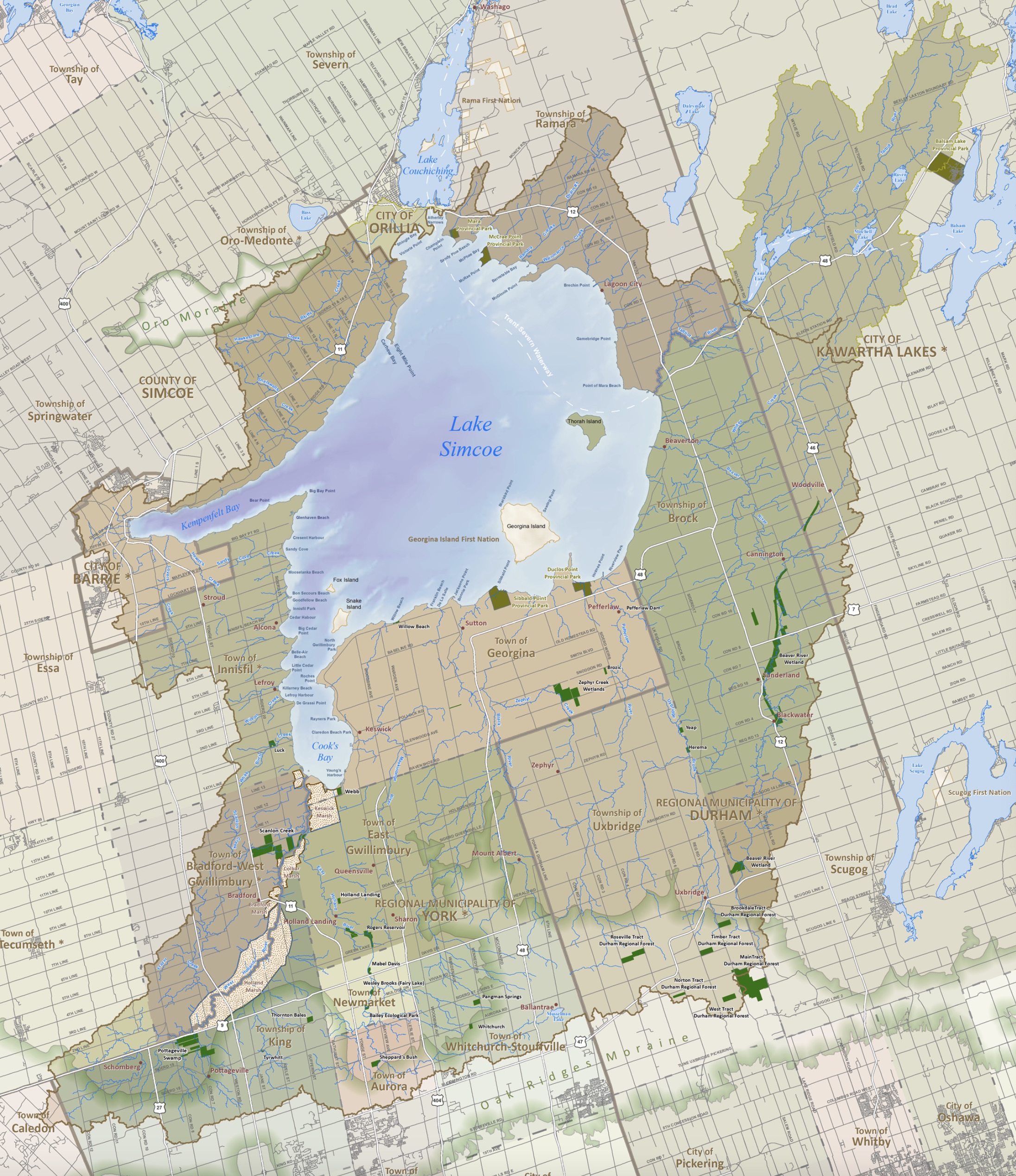Who believes anything Doug Ford says about protecting the Greenbelt?

During the election campaign he was caught on camera telling developers he would allow them to build on a “big chunk” of the Greenbelt.
Full of contrition, he dropped his “reckless promise” 24 hours after the incriminating video went viral.
He then promised to
“Increase the supply of affordable housing across the GTA while protecting the Greenbelt in its entirety.”
And now we have Bill 66 from the snake oil salesman in chief, Doug Ford.
It doesn't protect the Greenbelt in its entirety.
What are Christine Elliott's views on Bill 66?
Full of indignation about the duplicity I write to Christine Elliott, who is Ford’s Deputy Leader and who happens to be my own MPP. I don’t know if she will bother to reply. I doubt it. Her track record in replying to constituents is pitiful.
This is what I said to Ms Elliott:
"You are my MPP and I am writing to express my deep misgivings about Bill 66 which could open up the Greenbelt to development. I am also concerned that our clean water laws – so important after Walkerton - could be subverted.
I hope you will now take the time to address the points I make here on Bill 66.
In the riding of Newmarket-Aurora we are surrounded by the Greenbelt and we sit in the middle of an area policed and protected by the Lake Simcoe Conservation Authority.
Leading members of the Canadian Environmental Law Association tell us Bill 66
“constitutes the biggest and most significant environmental rollback to occur in a generation in Ontario.”
The authors say the Government
“appears to have undertaken no meaningful pre-consultations with interested stakeholders prior to suddenly releasing Bill 66 on the final day of the fall legislative session.”
Would it be possible for you to let me have details of any consultations to date?
I have copied the CELA comments at the end of this email for ease of reference.
You have spoken previously on Greenbelt and environmental protection issues at Queen’s Park. On 22 September 2008 during the second reading debate on the Lake Simcoe Protection Act you said you understood the purpose of greenbelt legislation but:
“the fact remains that there are many individual property rights that were not protected as a result of that. Nobody questions the need for the greenbelt, nobody is opposed to the idea of green space, but I think there has to be the science behind it, and there has to be the rationalization of those areas that are chosen for the greenbelt.”
How does Bill 66 propose to rationalise the Greenbelt? Is it still your view that individual property rights are affected by Greenbelt legislation and, if so, in what way?
On the Bill’s third reading on 1 December 2008 you said an important goal of the Lake Simcoe legislation was to protect the water supply for future generations. In the light of the comments made by the CELA can you explain how Bill 66 will maintain all current clean water safeguards?
And what is the purpose of repealing the Toxics Reduction Act?
I hope to receive a timely reply from you on the matters I raise."
Environmental lawyers are outraged
The Canadian Environmental Law Association has now made its views crystal clear.
Theresa McClenaghan and Richard D. Lindgren, Executive Director and Counsel, Canadian Environmental Law Association posted this on the CELA website on December 7, 2018.

The latest – and highly alarming – rollbacks proposed by the Ontario government are set out in Bill 66, which was introduced for First Reading yesterday. In our view, Bill 66 – together with the above-noted Bills – constitutes the biggest and most significant environmental rollback to occur in a generation in Ontario.
To our knowledge, the Ontario government appears to have undertaken no meaningful pre-consultations with interested stakeholders prior to suddenly releasing Bill 66 on the final day of the fall legislative session.
We further note that Bill 66 has been rationalized by the provincial government on the basis that it contains “30 actions” that will eliminate “red tape and burdensome regulations,” and will enable businesses to create “good jobs.”
Among other things, these proposed legislative actions include:
· Repealing the Toxics Reduction Act and its implementing regulations, which presently require large industries to develop plans to reduce the use or generation of toxic substances within their production processes; and
· Amending the Planning Act to enable municipalities to pass “open-for-business” zoning by-laws that do not have to comply with prescribed provisions in the Clean Water Act, Greenbelt Act, 2005, Great Lakes Protection Act, Lake Simcoe Protection Act, 2008, Oak Ridges Moraine Conservation Act, 2001, Resource Recovery and Circular Economy Act, 2016 and other provincial statutes.
In our view, the attempt in Bill 66 to oust the application of section 39 of the Clean Water Act to “open-for-business” zoning by-laws is particularly objectionable and risk-laden. This section is not an obscure procedural provision buried in the Act; instead, it is the key operative provision that requires land use planning decisions to protect drinking water safety and the health of the people of Ontario.
As a matter of law, section 39 of the Clean Water Act currently requires all Planning Act decisions to conform to policies in approved source protection plans that address significant drinking water threats prescribed by the Clean Water Act(e.g. landfills, sewage systems, and the storage or handling of fuel, fertilizers, manure, pesticides, road salt, organic solvents and other substances on lands near wells or surface water intake pipes used by municipal drinking water systems). In our view, this important provision must remain applicable to all municipal planning and zoning decisions in order to protect public health and safety.
More generally, CELA finds that the unjustifiable content of Bill 66, and the erroneous “red tape” language used by the government to describe the Bill’s legislative intent, is highly reminiscent of the dangerous deregulation agenda that was carried out by the Ontario government prior to the Walkerton drinking water tragedy in 2000.
On this point, we note that Mr. Justice O’Connor’s report on the Walkerton Inquiry identified overzealous provincial deregulation, budget cuts and staffing reductions as major contributing factors that resulted in the deaths of seven persons (and serious illnesses in thousands of other residents) after drinking contaminated municipal tap water.
Significantly, the Clean Water Act was one of the statutes passed by the Ontario Legislature in response to Mr. Justice O’Connor’s recommendations, and the Act is intended to prevent the recurrence of the Walkerton Tragedy elsewhere in the province. Accordingly, we conclude that Bill 66’s attempt to constrain the application of the Clean Water Act does not represent sound public policy, and must be immediately withdrawn by the Ontario government.
CELA is extremely disappointed to see that the lessons from the Walkerton Tragedy are being discounted or ignored by the current Ontario government. We therefore anticipate working closely with our environmental, public health and social justice colleagues to vigorously oppose Bill 66 when the Legislature resumes sitting in February 2019.
This email address is being protected from spambots. You need JavaScript enabled to view it.